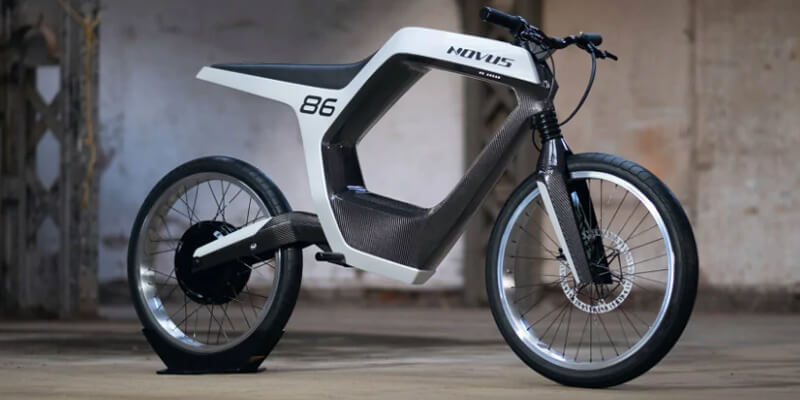Why is the automobile industry considered an incestuous oligopoly? It provides very little distinctiveness in the marketplace. It only has few major barriers to entry. In fact, it often relies on price difference to bring new customers into the fold.
Indeed, it relies on such factors as brand loyalty and perceived image to make sales: Thus, it is almost as if producers have been forced to become one with the same basic business model. Why is this considered an incestuous form of business conduct? Simple; because natural monopolies only exist in theory, but not in reality.
The real question should be: why is the automobile industry considered an artificial monopoly? First, let’s examine why it is considered to be an artificial monopoly. Suppose there is no free market for automobiles. Suppliers decide that they will only sell through a specific car dealer. They establish a price and insist that customers go to only one dealership and buy their cars. This scenario is called a technological monopoly – one company controls the supply of certain technologies and uses its position of power to charge a price that is artificially high compared to the other companies.

Now, why is the government and other critics claim: that this scenario is not a free market? The problem is that when there is only one major company involved, the companies act in ways that are not consistent with normal market dynamics. For instance, it would be difficult for a new producer to enter the marketplace because of high entry costs. Such costs prevent new producers from entering the market as firms with high fixed costs per unit serve only the existing market, rather than entering the market where the firm could make a profit by lowering fixed costs. Thus, such firms are unable to lower prices enough to allow the production of new automobiles at a reasonable level.
Moreover, it depends on reputation and brand loyalty to generate sales: It would be difficult for a new entrant to get customers off the ground, as the existing players have already established trust in the marketplace. Thus, why is the automobile industry considered an oligopoly with high barriers to entry? It is because it has significant barriers to entry, primarily because of the high fixed costs of starting a competing business and the relatively low barriers to exit once the firm becomes successful. Indeed, given the lack of competition and high fixed costs, any new car put into the market must be at rock-bottom prices.
Therefore, why is the automobile industry: considered an oligopoly with high barriers to entry? In addition, it depends on reputation and brand loyalty to generate sales. Thus, it is dominated by a few key players. It is also largely inefficient, with a heavy use of fossil fuels and a large portion of the fuel consumed by vehicles being non-reusable.
Finally, it has substantial costs of starting a competing business and the relatively low barriers to exit once the firm becomes successful.


